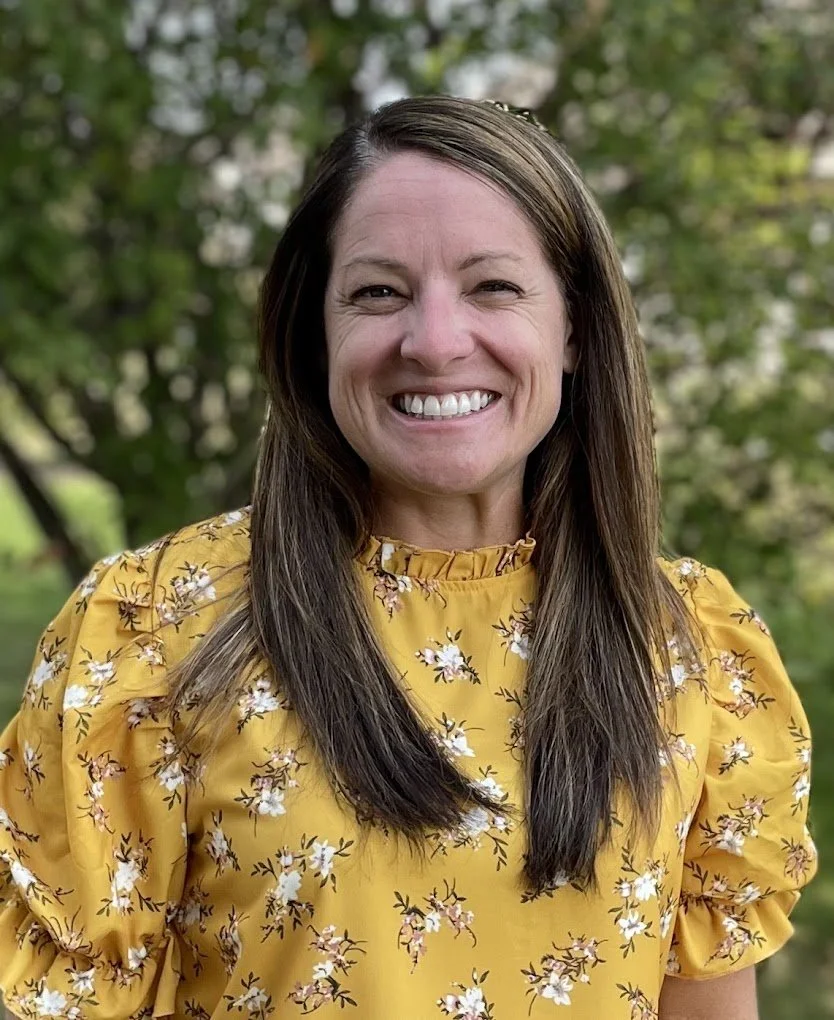5 Unexpected Ways Coping With Chronic Illness Made Me A Better Mom
Before chronic illness, I parented like I lived, which was full speed ahead, fueled by the belief that if I just worked hard enough, I could muscle my way through anything.
Tired? Push through. Stressed?
Power on. The first race I ever entered was a full marathon. That's how I lived.
Then, my body slowly started giving up on me.
Chronic illness wasn't new to me.
I was diagnosed with hypothyroidism and PCOS over a decade ago when we struggled to get pregnant.
At the time I was diagnosed, I went into "fix-it" mode. Get on the right medications, track my cycle, pee on the ovulation tests, and on and on and on.
We were blessed with three boys, and we adopted our daughter from China.
Then, when the world was falling apart in 2020, I was diagnosed with two other chronic illnesses: mixed connective tissue disease (MCTD) and vitiligo.
MCTD is a combination of lupus, scleroderma (stiffening skin), and polymyositis (inflamed muscles).
Vitiligo is most commonly associated with Michael Jackson—the skin condition where your body attacks its own pigment cells.
It felt like my immune system had declared war on itself, having both visible and invisible illnesses.
At first, I fought back and tried to control everything.
My anxiety was off the charts. I researched every diet, supplement, and lifestyle change that promised to fix me.
I pushed through exhaustion, ignored pain, and convinced myself that if I just tried harder, I could keep everything under control.
And…that did not go well.
Eventually, I had to do something that felt impossible: slow down, listen, and let go.
Accept the fatigue, white patches on my skin, and pain.
I thought chronic illness would make me less of the parent I wanted to be.
Instead, it made me better.
5 Ways Coping With Chronic Illness Made Me a Better Mom
1. I Learned to Prioritize Rest
Before chronic illness, rest was something I "earned."
If everything was done, including the laundry, the work, and the parenting, then I might let myself sit down for five minutes.
Now, I rest because I need to.
Because pushing through isn't an option when your body literally stops cooperating.
And you know what? My kids noticed.
They see me listening to my body, recognizing when I need a break, and actually taking it.
So, when they are feeling exhausted, overwhelmed, or just need some space, they don't push through.
They don't feel guilty.
They take the break they need, which is awesome.
That's a lesson I wish I had learned a lot sooner.
2. I Lowered My Crazy Expectations
There was a time when I thought a good day meant checking everything off my to-do list.
Chronic illness changed that.
Some days, success looks like making dinner.
Other days, it's just getting out of bed and keeping everyone alive.
My kids see that too.
They see that being "productive" isn't what makes you valuable.
That some days, doing your best means doing less, and that's a good thing.
Now, when my child says, "I need a break," I don't tell them to keep pushing.
I don't shame them for needing rest. I say, "I get it." Because I do.
3. I Became More Present
When your energy is limited, you become really intentional about where you spend it.
Sadly, I used to multitask everything, half-listening more times than I'd like to admit.
Now, if I'm spending my energy on something, I'm all in.
If I'm playing a board game with my kids, I'm actually playing.
If I'm listening to their stories, I'm really listening.
I don't have the luxury of endless energy, so I don't waste it.
That means my kids get a fully present parent instead of one who's always mentally ten steps ahead.
4. I Model Self-Compassion
Before, I wanted my kids to see me as strong. Capable. Unstoppable.
Now, I want them to see something else: someone who is human.
They see me struggle. They see me adjust. They see me give myself grace on the hard days.
And because of that, they're learning to give themselves grace, too.
When they make a mistake, they don't spiral into shame.
When something is hard, they don't assume they're failing.
They take a breath. They figure out what they need.
Because that's what they've watched me do. And it's so rewarding.
5. I Stopped Trying to "Fix" Everything for Them
Chronic illness has taught me something I never expected: not everything needs to or can be fixed.
When my kids are sad, I don't rush to distract them.
When they're struggling, I don't immediately try to solve it.
I sit with them in it. I listen.
I let them feel what they need to feel and don't invalidate them.
Because I know what it's like when someone tries to slap a "solution" on something that isn't fixable.
I know what it's like when people say, "Have you tried yoga?" instead of just being there.
So, when my kids are hurting, I don't tell them to cheer up or look on the bright side.
I say, "Yeah, this is hard. I'm here."
And that? That's everything.
Do I wish I didn't have chronic illnesses?
Yes! I have my good days and my bad days.
But I'm so thankful for all the lessons my health conditions have taught me over the years.
At the end of the day, my kids don't need a "perfect," most productive mom.
They need one who is real.
And thanks to chronic illness, that's exactly who they got.
With love and solidarity,



